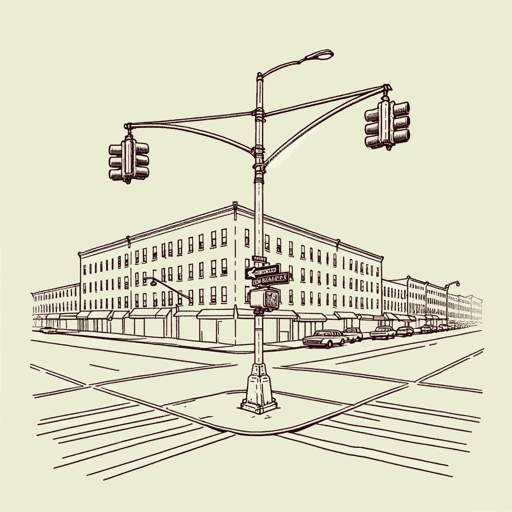41 pages • 1 hour read
Philippe Bourgois, Jeffrey SchonbergRighteous Dopefiend
Nonfiction | Book | Adult | Published in 2008A modern alternative to SparkNotes and CliffsNotes, SuperSummary offers high-quality Study Guides with detailed chapter summaries and analysis of major themes, characters, and more.
ConclusionChapter Summaries & Analyses
Conclusion Summary: “Critically Applied Public Anthropology”
Having explored the inner world of the Edgewater homeless community and social network, Bourgois and Schonberg end on the question, “So what?” Their final thoughts tie together the theoretical lenses they’ve drawn on throughout the book—Foucault’s discourse on biopower, Bourdieu’s theory of symbolic violence, Marx’s philosophy around power and class, and their own theory of lumpen abuse. The harm of neoliberalism, the War on Drugs, and the criminalization of poverty contribute the most to the harm experienced by the Edgewater homeless population by directing blame for their situation onto individuals rather than acknowledging the systematic discrimination they run into at every turn and the violence that besets them.
Conclusion Analysis
The conclusion of Righteous Dopefiend discusses the theoretical and practical applications of Bourgois and Schonberg’s fieldwork. It questions the use of the fieldwork, asking how realistic it is to hope that their findings would be applied to better serve populations such as the Edgewater homeless community. This ending asks readers to think critically about the book’s purpose and to consider whether books like this can make any difference.
Related Titles
By these authors
Featured Collections
Addiction
View Collection
Books on U.S. History
View Collection
Class
View Collection
Class
View Collection
Community
View Collection
Globalization
View Collection
Journalism Reads
View Collection
New York Times Best Sellers
View Collection
Political Science Texts
View Collection
Required Reading Lists
View Collection
Sociology
View Collection


